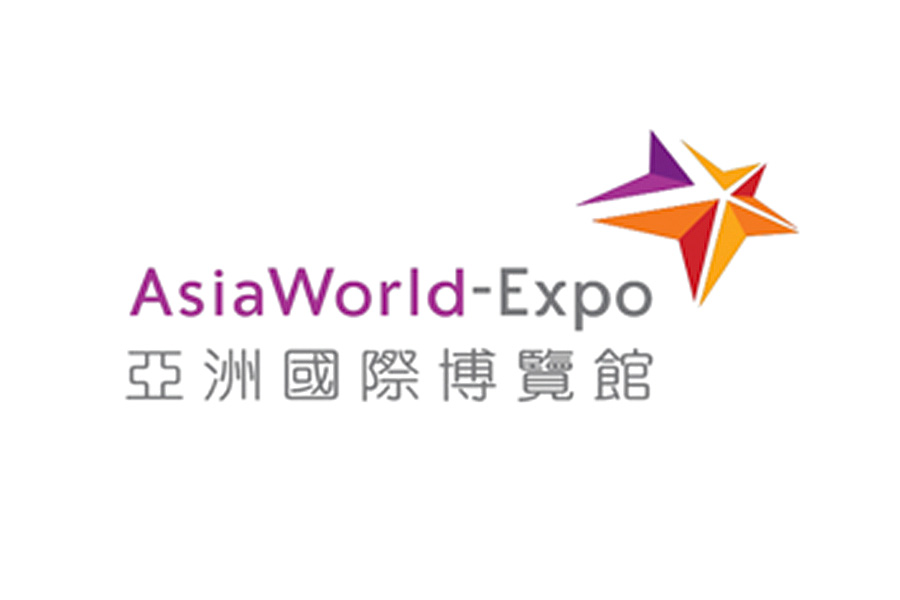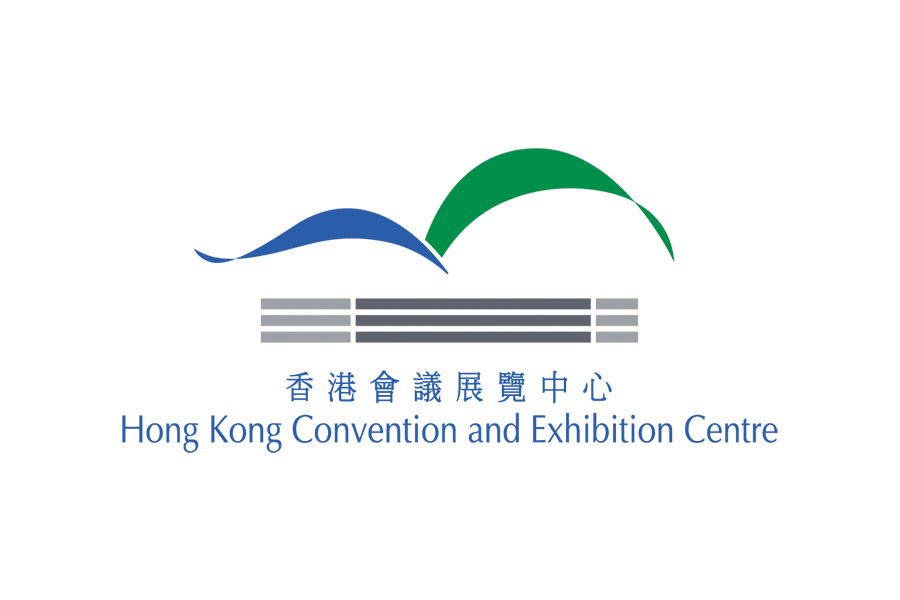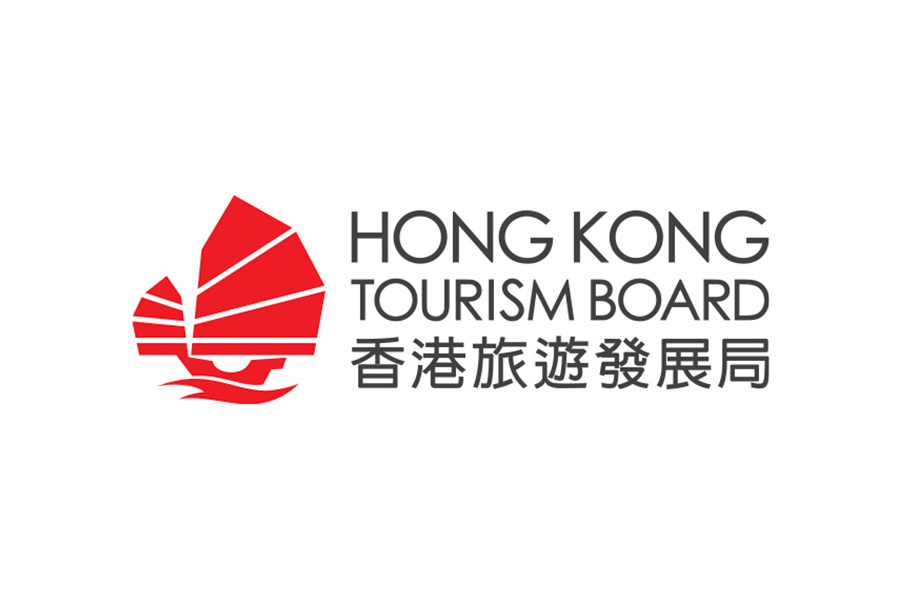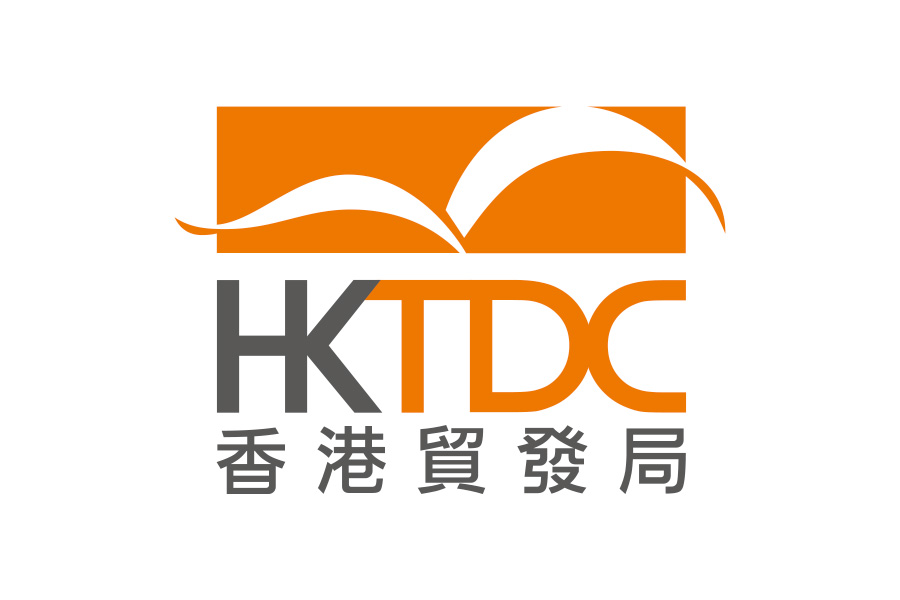Located in Kowloon - To Kwa Wan and in close proximity to Mong Kok, Jordan, Hung Hom and Tsim Sha Tsui districts, iclub To Kwa Wan Hotel is surrounded by many public transportation options where guests can conveniently commute to lively entertainment, shopping and cultural districts.
LanguageChinese and English are the official languages of Hong Kong, and many business people communicate in English. Cantonese is the predominant Chinese dialect in Hong Kong, although there is an increasing use of Mandarin (Putonghua). |
Safety and SecurityHong Kong is generally considered a very safe city both at night and during the day. At everywhere, however, protect yourself from pickpockets and carry as little cash as possible; traveller's cheques and credit cards are widely accepted. |
WaterWater from the public mains in Hong Kong complies with the World Health Organization’s Guidelines for Drinking-water Quality. Bottled water, if preferred, is widely available for purchase. |
ClimateHong Kong enjoys a subtropical climate with hot, humid summers, cool to mild winters, and a typhoon season that lasts from May to November. Hong Kong has an efficient typhoon warning system, and there is virtually no threat of danger if you stay indoors when typhoon signals go up. Flights, however, may be delayed or diverted. |
TippingMost hotels and restaurants add a 10% service charge. Additional tipping is voluntary. You may add 5%–10% more to the bill in restaurants and bars or tip HK$10–HK$20 to service staff if the service is exceptional. |
Time8 hours ahead of Greenwich Mean Time. |
Restricted ItemsDue to difference in legislations of countries, some items considered legal in other countries may breach the laws of Hong Kong. Please click here for advice to visitors from Hong Kong Police Force. |
ElectricityHong Kong operates with 220 volt electricity. The hotel has electrical adaptors and transformers for those guests bringing 110 volt electrical appliances. |
CurrencyThe local currency unit is the Hong Kong dollar (HK$) which is currently pegged to the U.S. dollar at HK$7.8 to US$1. Notes are issued in denominations of HK$1,000, HK$500, HK$100, HK$50, HK$20 and HK$10, while coins are issued by the government. Currency can be changed at banks, hotels or money-changers. There are no restrictions on currencies brought into or taken out of Hong Kong. |
TransportationHong Kong is relatively small and dense, which makes public transport the best way to get around. The north side of Hong Kong Island and most of Kowloon are well connected by the MTR, Hong Kong’s clean and efficient rapid transit railway system, while the extensive bus system enables you to explore the south side of Hong Kong Island and the New Territories. The East Rail Line, which runs from Kowloon to the Chinese border at Lo Wu and Lok Ma Chau, is a quick way to get to the New Territories. |
| 2024 | Date |
| The first day of January | 1 January |
| Lunar New Year’s Day | 10 February |
| The third day of Lunar New Year | 12 February |
| The fourth day of Lunar New Year | 13 February |
| Good Friday | 29 March |
| The day following Good Friday | 30 March |
| Easter Monday | 1 April |
| Ching Ming Festival | 4 April |
| Labour Day | 1 May |
| The Birthday of the Buddha | 15 May |
| Tuen Ng Festival | 10 June |
| Hong Kong Special Administrative Region Establishment Day | 1 July |
| The day following the Chinese Mid-Autumn Festival | 18 September |
| National Day | 1 October |
| Chung Yeung Festival | 11 October |
| Christmas Day | 25 December |
| The first weekday after Christmas Day 26 December | 26 December |
Useful LinksGeneral Tourism Information Transportaion |
Safety and Security Others |
Tools and AppsQR scanner Wi-Fi Finder
Vocal Translator
|






